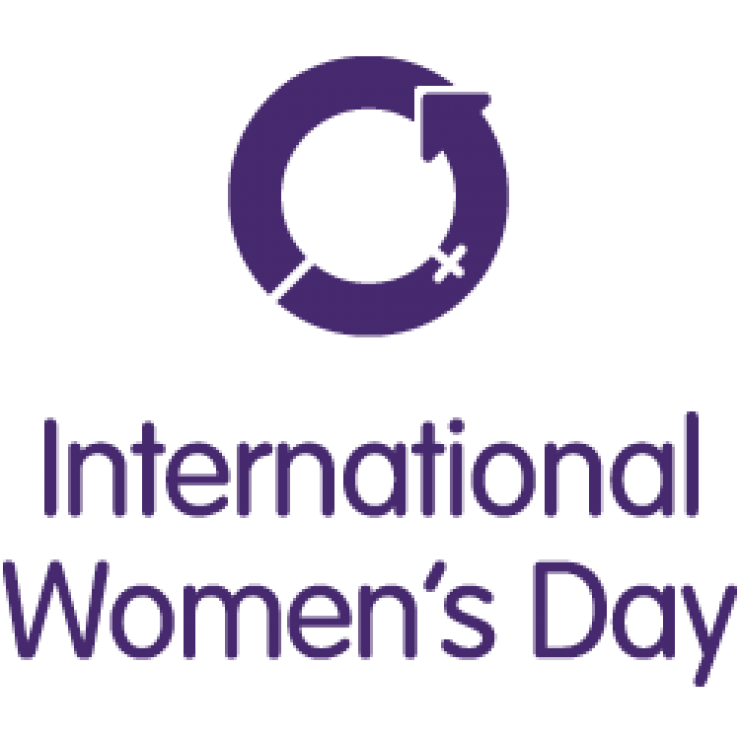Don’t Simply Celebrate International Women’s Day – Act (Repost)
As we approach International Women's Day, we repost this call to action from 2019 by Dr. JudyAnn Bigby, our former Board Member and Executive Director:
The history of International Women’s Day dates back to 1909 when labor activists and suffragists organized National Woman's Day in New York City in the U.S. The United Nations adopted March 8 as International Women’s Day in 1975. It is tempting to acknowledge the progress women have made worldwide since 1909 and since 1975, but the gaps that still exist today call for more action. Gender equality lies at the heart of the U.N. 2030 Agenda for Sustainable Development. The impact of gender inequality is apparent in all aspects of life.
South Africa Partners, for more than 20 years, has strived to address HIV in South Africa, where women aged 15 to 29 years are three to four times more likely than males of the same age to be HIV-positive. This means approximately 2,000 young women are infected each week. Several factors contribute to the high prevalence of HIV among adolescent girls and young women. Poverty and low educational attainment are significant factors. Having a sexual partner greater than five years older and transactional intergenerational sexual relationships are reported as the primary source of HIV infection among young women under 25 years of age. Imbalanced societal and gender norms and high prevalence of gender-based violence are also factors.
While it is important to take specific action to address HIV in women, taking action to achieve Sustainable Development Goal (SDG) 5, Gender Equality, would address many of the contributing factors. SDG 5 calls for the elimination of all forms of discrimination and violence against women and girls. Achieving SDG 5 requires commitments to, among other things, ensuring access to full sexual and reproductive health and reproductive rights; recognizing and valuing unpaid care and domestic work; ensuring women’s full and effective economic, social and political participation and opportunities for leadership; reforms to give women equal rights to economic resources; and policies and laws that promote gender equality and empower women and girls. Achieving several of the other SDGs, such as good health and well-being, quality education, decent work and economic growth, and ending poverty will also close the gaps that contribute to gender inequality.
Violence against women is widespread. Women are denied access to education. Vulnerable women are forced into human trafficking. Women denied access to reproductive health services increasingly seek abortions. Women and children seeking asylum are criminalized. On this International Women’s Day, these stories from across the globe remind us that achieving gender equality is a human rights imperative. On International Women’s Day, support women and men who are acting to achieve gender equality.
